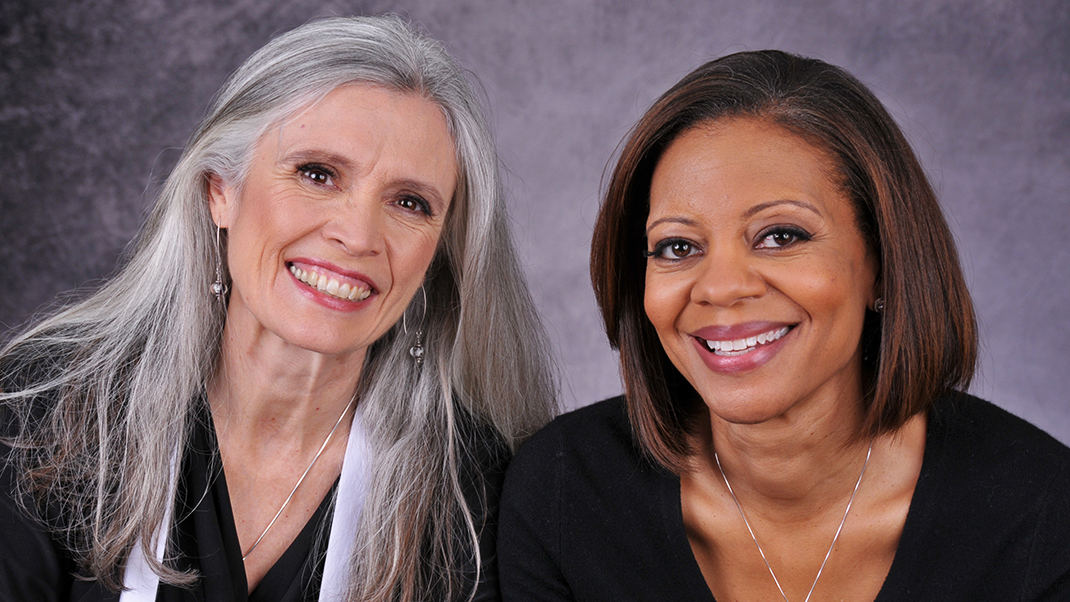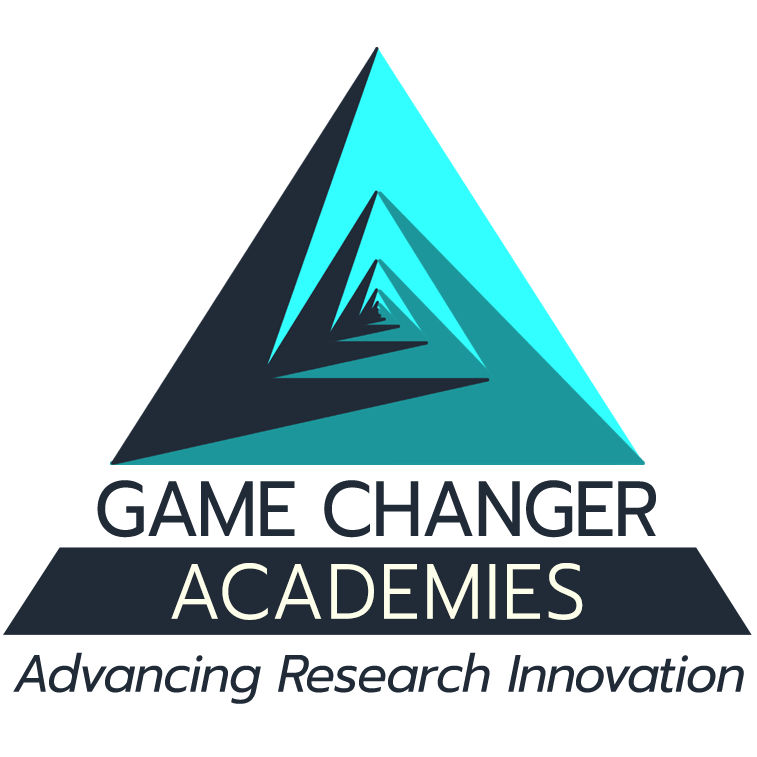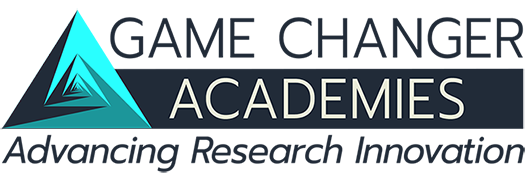Game Changer Academies (GCA)
Game Changer Academies is a 12-week, immersive, cohort-based professional development program. The purpose of GCA is to provide comprehensive strategies for improving discussions and decision-making, aiming to:
- Cultivate productive group discussions
- Mitigate cognitive shortcuts
- Engage multiple perspectives
- Approach conflict constructively
Better Discussions, Better Decisions
GCA helps make innovation more possible by investing in the decision-making process. With diverse experiences and perspectives engaged in deliberations and problematic group dynamics effectively mitigated, the space and possibility for innovation grow.
GCA is designed with faculty in mind: people who are already highly trained to synthesize data and information and translate ideas into action through complex, adaptive, and continually evolving discussions with peers.
How You Benefit from GCA’s Professional Development Skills
GCA provides individuals with skills and knowledge to serve effectively on review panels and extends to all aspects of the life of a faculty member:
- Navigating interactions with colleagues in department meetings and faculty committees
- Empowering individuals to address cognitive bias and unproductive group dynamics
- Taking on leadership roles and seeking new opportunities to effect change within their institutions and within the NSF
In the words of GCA participants, the program is:
“Transformative”
“The most uplifting and empowering professional development program”
“It changed how I show up in the world and how I perceive others, not just in the workspace, but in life.”
Average GCA Program Rating: 4.7 Stars

What do participants say?
“The GCA program fundamentally changed how I engage in group discussions.”
“The program has helped me tremendously in becoming a good reviewer.”
Academy Leadership

Changing the Game
Game Changer Academies is designed and led by Diana Kardia (L) and Kelly Mack (R), in collaboration with a team of faculty and organizational change experts.
Please email us with any questions at inquiries@gamechangeracademies.com

Game Changer Academies is an investment in innovative scholarship and the peer review process. Program graduates support cutting edge scholarship; increase consistency, efficiency, effectiveness, and fairness in the review process; and create better reviewer experiences for the scores of scholars who contribute to peer review.
Game Changer Academies focuses on intra- and inter-personal dynamics in the context of peer review. Our content is informed by research and best practice literature surrounding four key concepts: cultivating great discussions, mitigating cognitive shortcuts, engaging multiple perspectives, and approaching conflict constructively. Additionally, we draw significantly from research on peer review and gatekeeping in academia. Our primary emphasis is on the panel review discussion itself: after individuals have drafted their individual reviews and before a panel summary and subsequent funding decision is made.
This program is not a “how to” format, nor does it give simple answers. Game Changer Academies is designed with faculty in mind: people who are already highly trained to synthesize data and information and translate ideas into action through complex, adaptive, and continually evolving discussions with peers.
We hope so! This type of conflict is the result of untended processes, missed opportunities, and constrained interactions. Game Changer Academies examines these variables and provides tools to produce better outcomes.
Program graduates will work with other panelists to mitigate cognitive bias in the review process. Because cognitive biases of any type are hardwired into the way we function as humans, awareness alone cannot eliminate bias. Instead we examine how and why cognitive biases operate so that people can actively take steps to mitigate the effects of these biases in the review process.
This functions similarly to the role of a weather forecast: awareness does not change what the weather is, but it can significantly impact our ability to prepare for and navigate the effects of a particular weather pattern.
Academia is a conglomeration of ideas, questions, theories, frameworks, and projects that each represent a set of literatures, methodologies and disciplinary worldviews. As such, this skill set is cultivated across the full trajectory of a scholar’s career and is not easily generalized across disciplines or reduced to a procedure. What Game Changer Academies does address is how each individual brings vital and unique insights to a panel review discussion and how the interaction among panel members recognizes, utilizes, and benefits from these individual contributions so that a collective and relevant expertise is applied.
Mostly no – for two key reasons. First, the advancement of knowledge is a highly social and interpersonal process, not just a cognitive one. Science requires the human capacities to imagine, to challenge ourselves and each other, and to risk the unknown – and to support others as they take that risk. We rely on the variability, peculiarity, and genius of individuals to inform our understanding of quality, excellence, and science. In other words, the variable outcomes of panel discussions serve a larger mission.
To allow for this, peer review is designed with many checks and balances. Panel reviews need not be so regimented that they produce the same outcome no matter the players. The process accounts for the variability.
At the same time, even functional peer review processes include avoidance of or poorly executed conflict; unconscious bias that penalizes, obscures, and excludes; and group dynamics hindered by academic egos and hierarchies. That is something we can and should change. Game Changer Academies’ graduates are at the cutting edge of this change.
As with panels themselves, faculty at all ranks are eligible to participate in Game Changer Academies. Participants will also discuss how rank may impact group dynamics during the course of a given panel discussion.
Game Changer Academies is an investment in the quality of panel discussions broadly. As skilled discussion participants, the presence of program graduates on a panel is intended to elevate the participation of all panelists and increase the capacity of the panel to benefit from different areas of expertise and experience.
Privacy Statement
Invitee and participant contact information (“contacts”) will be shared among Kardia Group, LLC, and other professionals (“we”) as needed to administer the Game Changer Academies program. We may use contacts to notify individuals of future Game Changer Academies activities. We will not sell or share contacts with any other entities.
